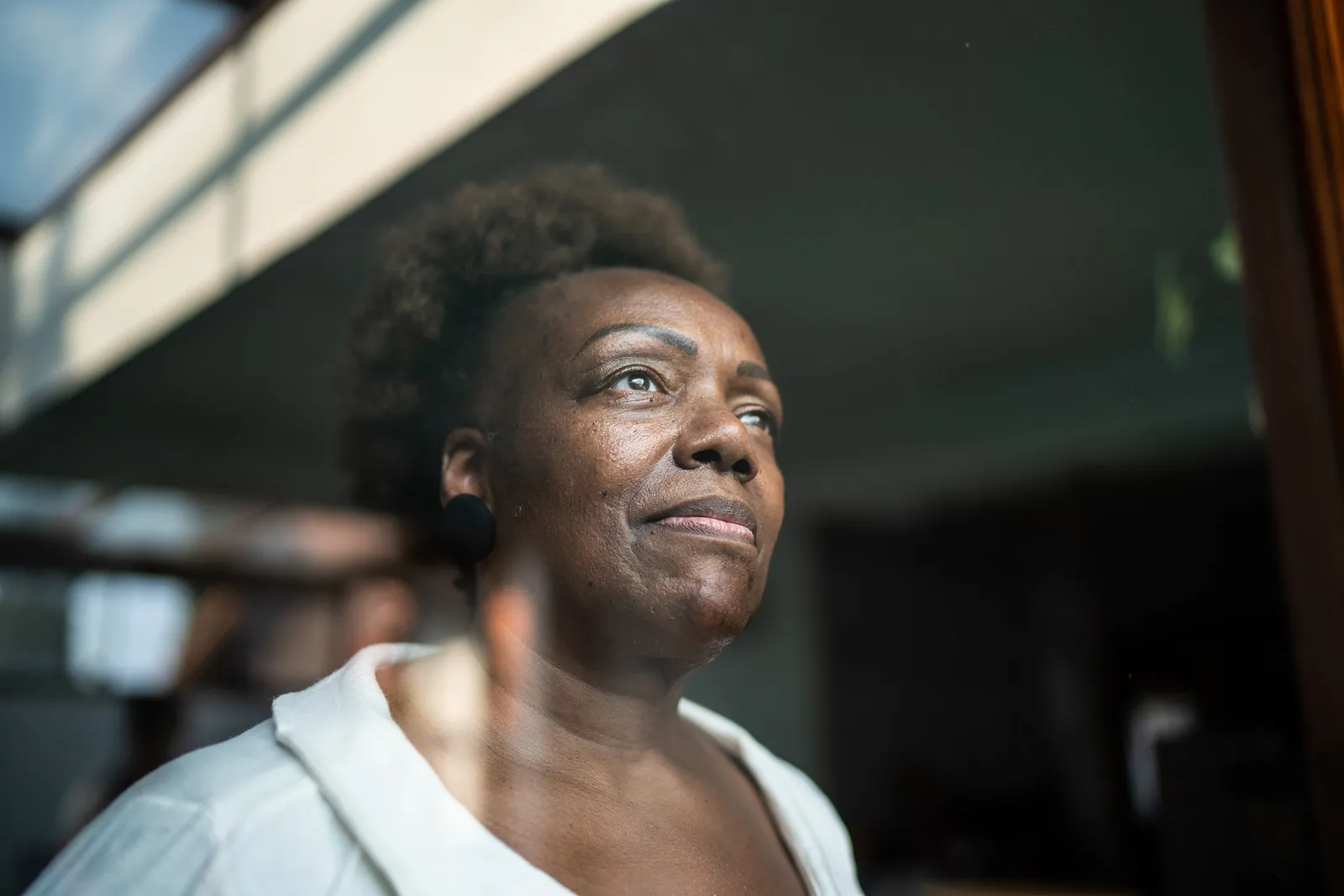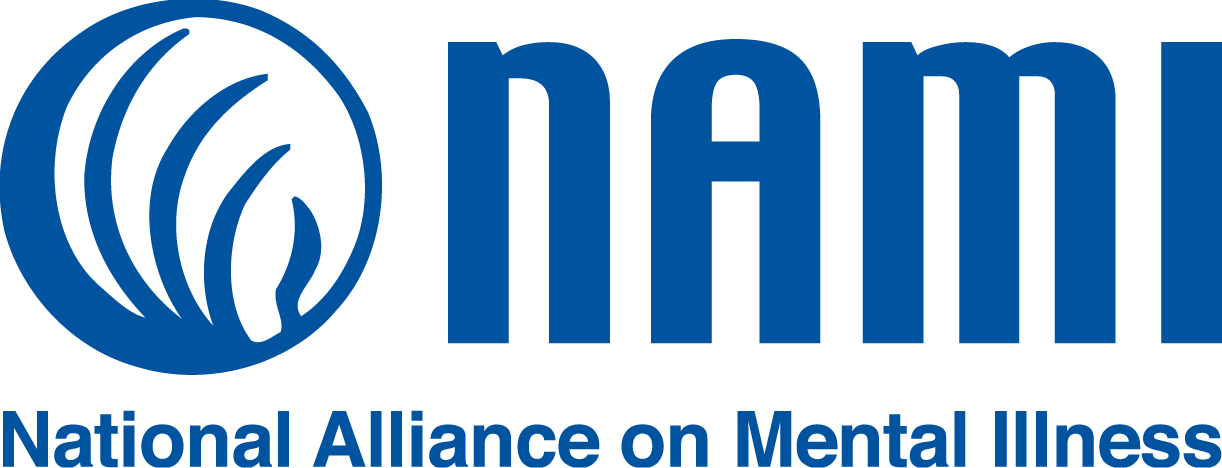
Sadness

What is sadness?
Most of the time, we feel sad in response to something in our lives that felt hurtful or like a loss. But not all of the time. We can be sad for what seems like no reason, and our friends can seem to be enjoying something, and we aren’t. It can make us feel like we are somehow different, but how you feel is not a choice. Sadness is a typical reaction—one we all experience at different times and in different ways.
Sometimes sadness can be more intense and last longer. You may notice your outlook changed and you feel more negative about the world, or yourself. It may even affect how much you sleep or eat, your motivation, or how much you enjoy things that you typically enjoy.
When sadness affects your life in these ways, it may be a sign you are experiencing something more than a fleeting feeling. Confronting sadness that overwhelms you or prevents you from living your life in the way you want is challenging, but understanding it, and even growing to appreciate it, is part of healing.
What's causing my sadness?
In many ways, our understanding of exactly what causes sadness and how we react to it is still evolving. Like many feelings, it has origins in our biology and our social interactions.
It’s important to note that sadness (a feeling) is different from depression even if we use the words interchangeably sometimes. Depression is a mental health condition, and sadness is only one symptom of it. Often, sadness is temporary and can vary in intensity.
Sadness can be caused by many different situations, in different people. For example, you might feel sad because of a breakup, a bad grade, or an injury. How sad you feel can also be affected by stress or sleep.
Exploring how you’re feeling and why you’re feeling it is an important step to care for yourself mentally and physically. When you’re dealing with sadness that won’t back down, the most effective first step to take is to allow yourself to feel sad because of that situation, and then you can identify potential causes to begin addressing what is making you sad.
How should I deal with sadness?
You’ve already taken an important step in dealing with your sadness by identifying that you’re feeling sad. Allow yourself time and space to feel. Pushing down and ignoring your emotions often causes more issues later, so cry if you need to cry.
Afterward, you can try to find ways to cope with it. What you do may depend on what you like, but there are many practical options to choose from.
Things to try
-
Aside from just sounding good, research shows that listening to music actually increases blood flow to regions in your brain that generate and control emotions. And studies show that faster music (usually performed at a tempo between 140 and 150 beats per minute) tends to generate more positive emotions than slower music. Queen’s “Don’t Stop Me Now” (at 156 BPM) is just one example of a song that might give you some positive emotions—it's the first of 10 in a research-backed playlist. But don't let us stop you from making your own playlist of songs that feel good to you.Explore More
-
Recognize when to get help
If you feel things getting worse instead of better, notice you've lost interest in people and things you used to enjoy, or have trouble doing everyday things like eating, getting dressed, and getting out of the house, you may be experiencing a more serious mental health issue and it’s important to seek out help from a therapist or psychiatrist who can help you find relief. It can be hard to recognize changes in symptoms, so consider tracking them in a journal or mood-tracking app. If you or a loved one is having thoughts of self-harm, talk to someone you trust or call or text 988 to get free and confidential support from the 988 Suicide & Crisis Lifeline. Learn about more crisis resourcesExplore More -
Watch something funny
Humor has a lot of power. Watching a comedic movie or even a standup comedy special may seem like a bandaid, but it has the potential to tap into the depths of your true self. (This goes back to the common phrase, "It's funny because it's true.") Finding ways to laugh at pieces of art (comedy is art!) has been something people have done for centuries to cope and reflect on the human experience. Comedy can help you feel a little better by highlighting what's important to you and the silver linings of life's ups and downs.Explore More
What can I do now?
- Helpline | Text line988 Suicide & Crisis Lifeline
-
Helpline | Text lineDisaster Distress Helpline (DDH)
-
 Helpline | Text line | Online Live ChatNAMI HelpLine | National Alliance on Mental Illness (NAMI)
Helpline | Text line | Online Live ChatNAMI HelpLine | National Alliance on Mental Illness (NAMI)


